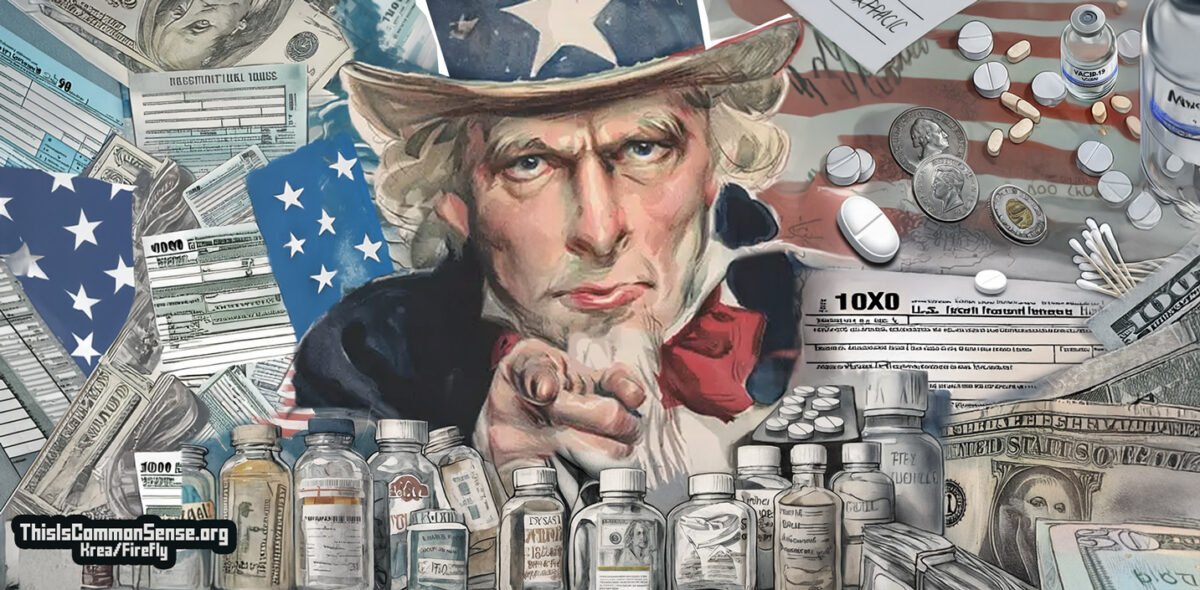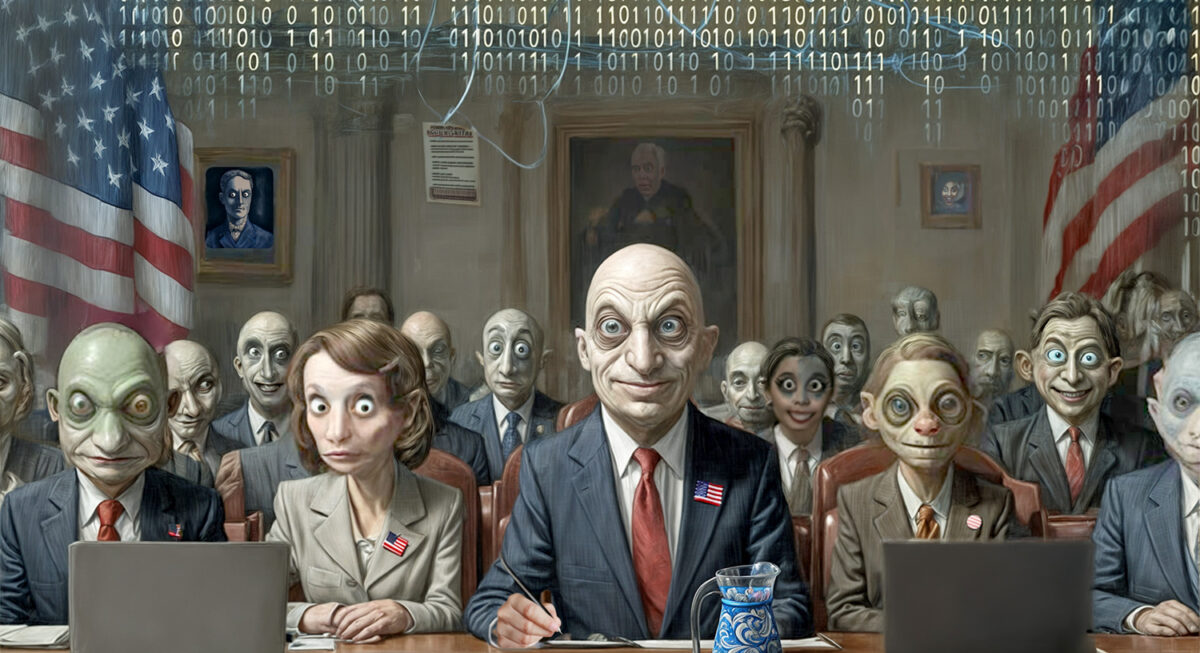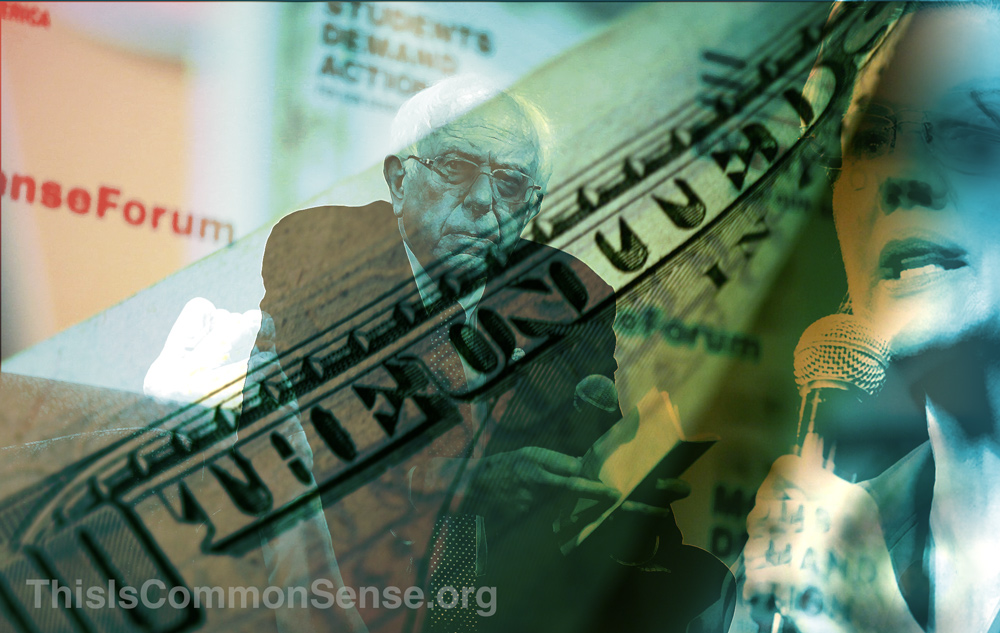In the recent pandemic, we learned that government and pharmaceutical companies do not have the least bit of an antagonistic relationship. It’s all buddy-buddy, a Big Gov/Big Pharma partnership.
And an expensive mess, sadly, in which Americans routinely pay prescription prices many times higher than folks around the world.
Now that President Donald Trump has signed an executive order aimed at “Delivering Most-Favored Nation Prescription Pricing to American Patients,” you have probably heard complaints that Trump’s plan amounts to “price controls,” which Republicans say they are against, and Trump, too, says he adamantly opposes.
But the The Wall Street Journal editorial that mounted this case, and Joe Lancaster’s argument in Reason, assume that the current order makes sense. The present system is in no way a free market in drugs. It’s the result of patent policy, massive subsidies to consumers, an insane approach to insurance regulation, and abridgements to free trade.
“There are many good reasons why we should pay more for earlier access to new medications than our trading partners,” write Darius Lakdawalla and Dana Goldman, quoted in Lancaster’s Reason article.
And then they go on to recommend an elaborate government scheme that itself is more a form of price controls than Trump’s workaround.
While I doubt that all of Trump’s boasted benefits will pan out, the status quo is a rigged market, and Congress — which could debate and fix it, theoretically — does nothing to restore a free market, thereby earning its low ratings from the public.
Leaving it to the executive branch.
Which is not supposed to legislate this sort of thing at all.
This is Common Sense. I’m Paul Jacob.
NOTE: Jeffrey Tucker wrote a much longer piece defending Trump’s plan — arguing that in a rigged system such as ours, calling Trump’s most-favored-nation policy a form of price regulation, and the status quo not, is witless.
Illustration created with Krea and Firefly
See all recent commentary
(simplified and organized)
See recent popular posts



